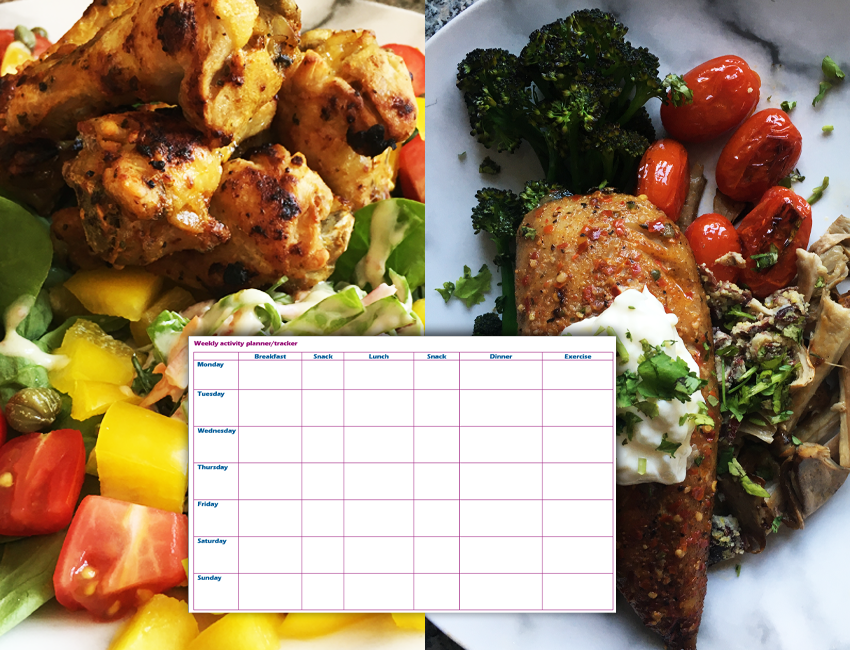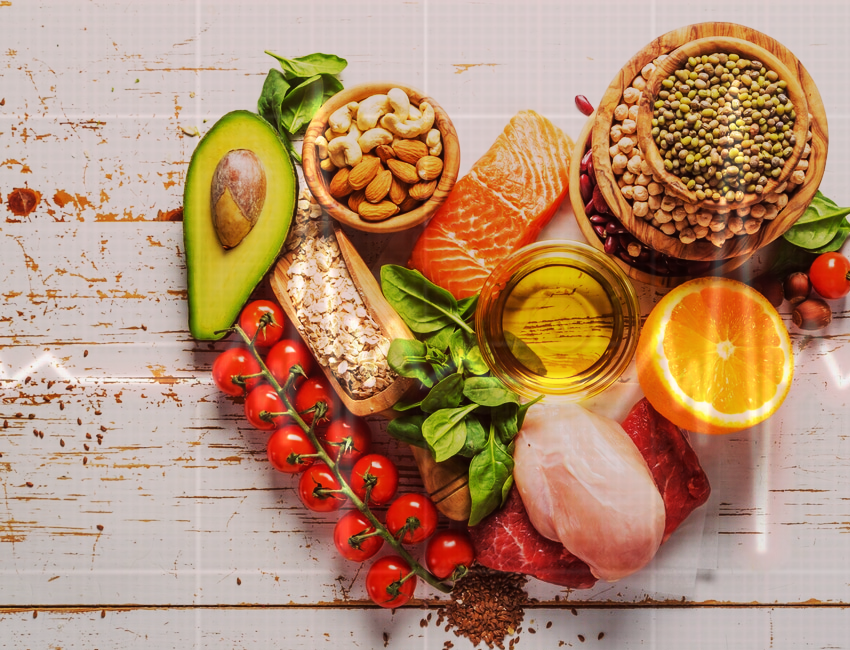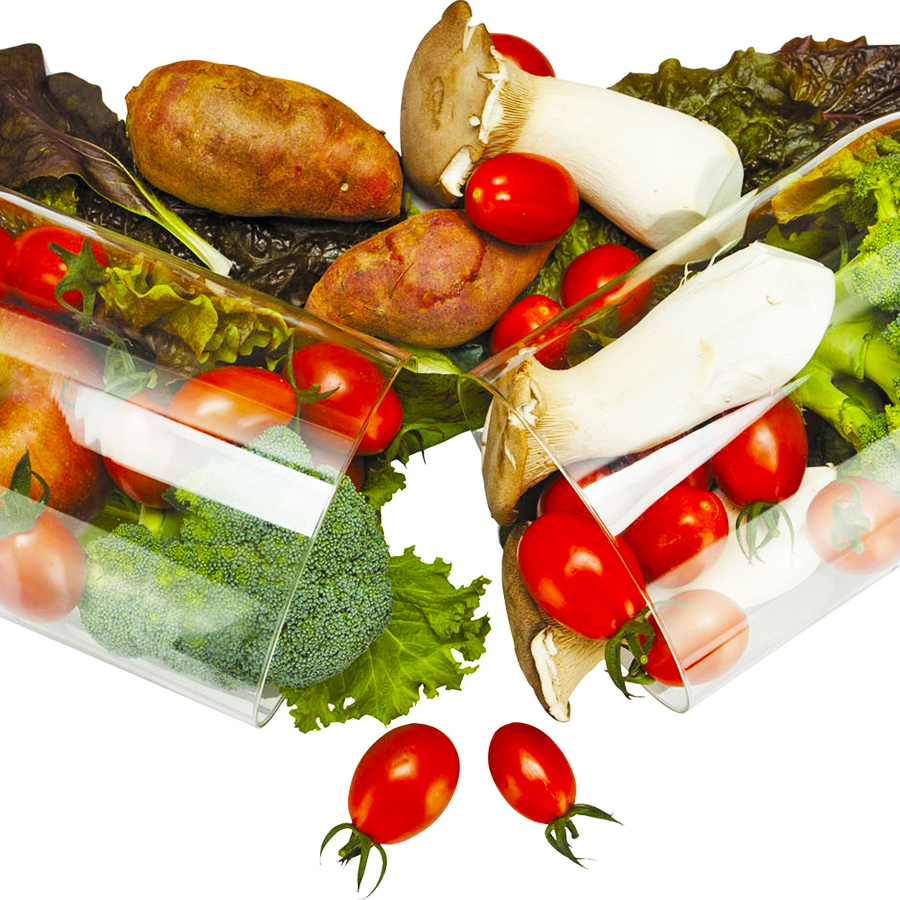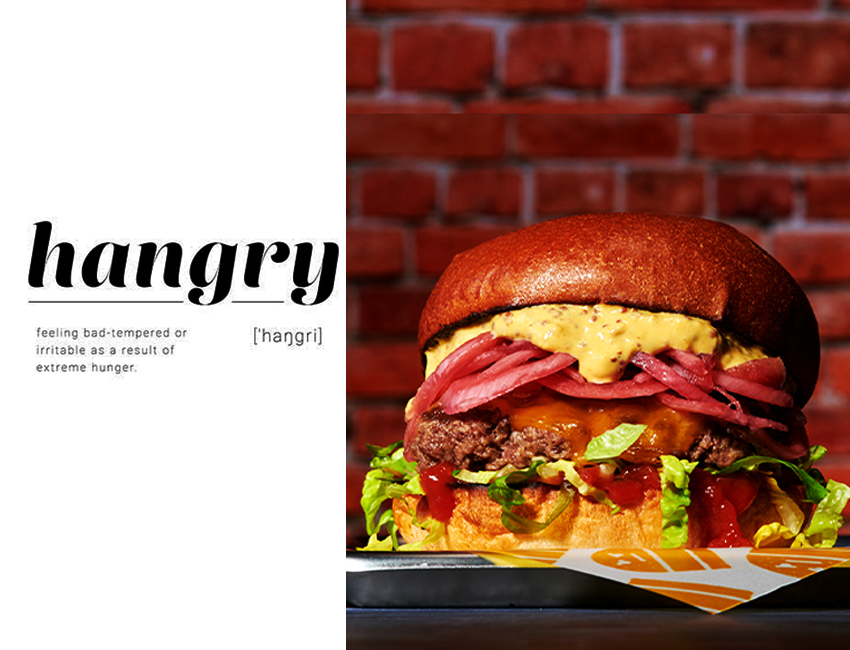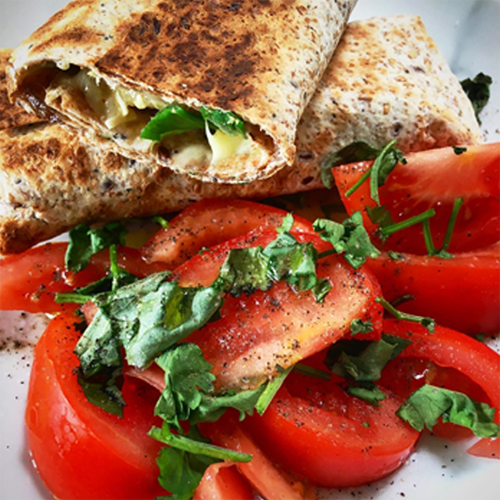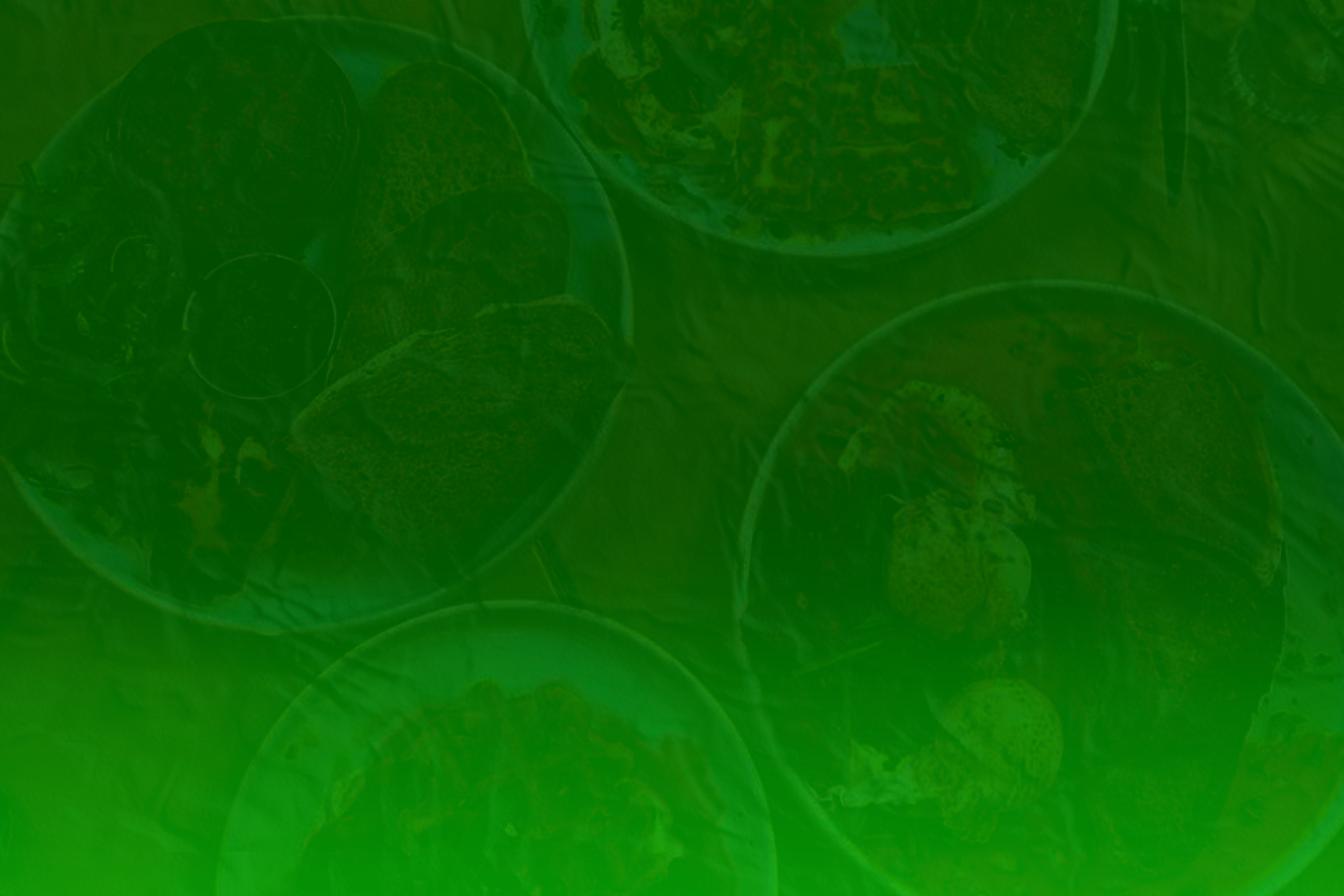
Nutrition, Diet, and Health
Researched Articles to help you
clarify your understanding of food and nutrition
Meal Planning
Meal Planning- How To Meal Plan With Ease
Meal planning often feels like another chore, something else to add onto the jobs list! Whilst I’m not going to argue with that perspective I am going to use this space to explain how to food plan effectively, the benefits it allows, and how you don’t have to get rigid about it to make it work.
First Aid For Your Heart
Heart attacks occur when there is a sudden blockage of the blood supply to the heart, usually caused by a clot from the build-up of fatty deposits in the coronary arteries.
As coronary heart disease (cholesterol build up) is the leading cause of heart attacks, to reduce your risk you need to:
Do You Need Supplements?
There are many claims about supplements, and there are some correlations (not causations) drawn between taking vitamins and placebo but there is no evidence to suggest vitamin or mineral supplements are going to be very helpful to the average person. The caveat is that certain populations may find benefit in supplementing in addition to a balanced diet, like pregnant women and folic acid, people with darker skin living in cooler climates, the professional advice is to seek medical opinion especially if you regularly take medications as there may be some contraindications that a GP will be able to discuss with you.
Can Diet Affect Behaviour?
at least this is my observation. First of all anecdotally in myself and second of all through observing people recognising their own resilience and irritability threshold being affected due to hunger, this is now recognised as being ‘hangry’.
I have also observed whilst working in gyms with body building competitors, the 12-week build up to the cut leads to mood swings and changes in responses to day to day interactions. In short body builders look forward to the cake they can have after the competition is over!
Making Diet and Food Easy
Let’s start with a simple understanding of calories in and calories out but let us change the work calorie for the word energy!
By understanding your energy expenditure you can work out what you need to fuel that, running on empty will only make you ill, running on too little without having the reserves for it will make you ill, running marginally below if you have size/mass to lose will help you lose weight. This is true without trying fancy diets that cut out macro nutrients which are essential for your body to function as you want and be well.

